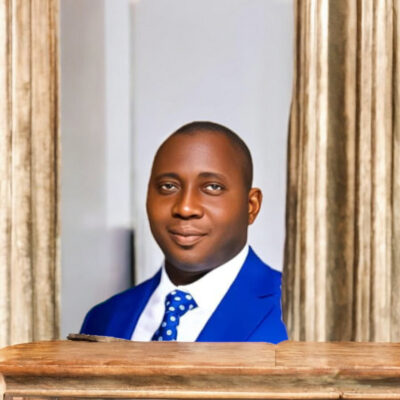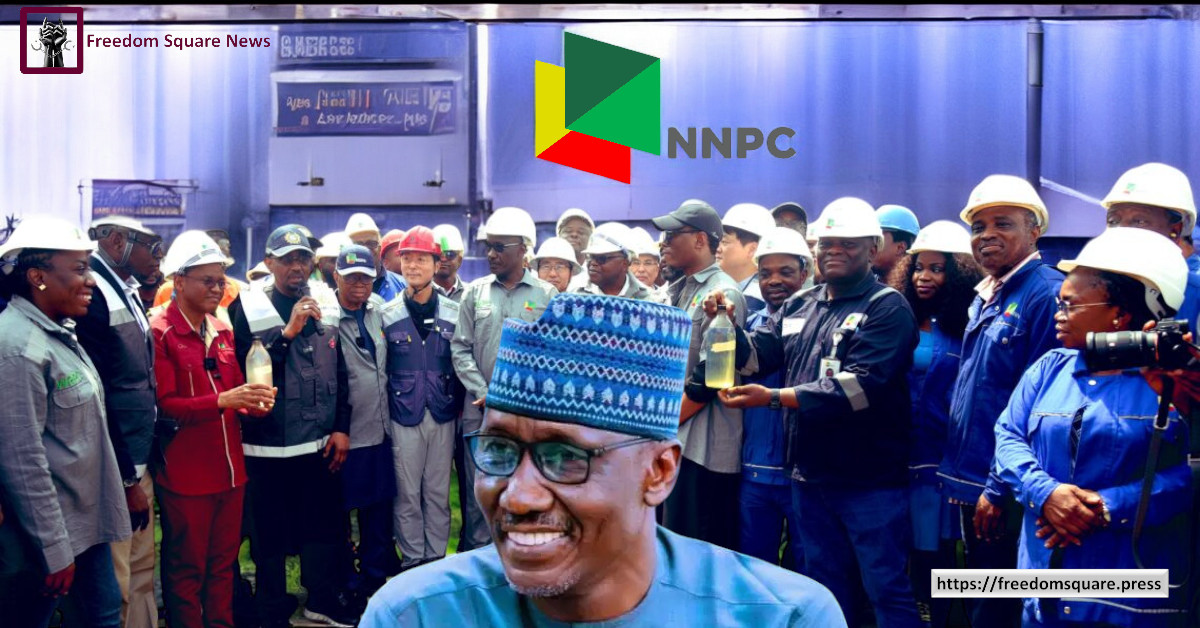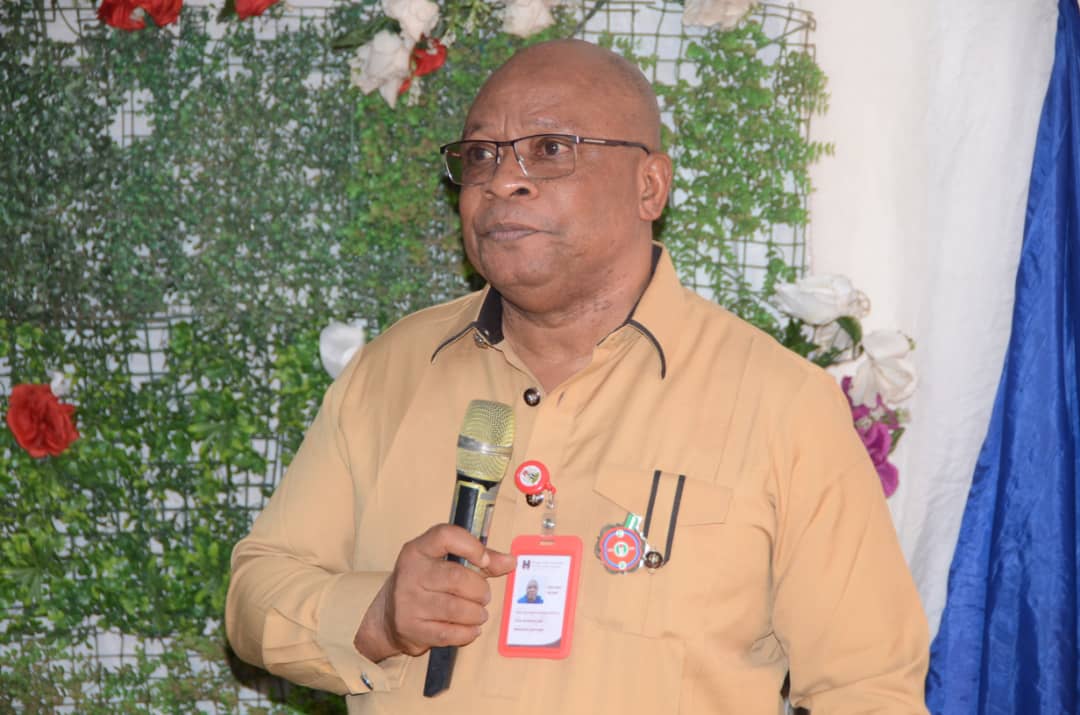By James Eze
“The world will little note, nor long remember, what we say here,” declared venerated US President, Abraham Lincoln in his famous Gettysburg address, delivered in the heat of the American Civil War. Lincoln spoke at the solemn dedication of the National Soldiers Cemetry in Gettysburg in 1863. That speech is rated as one of the greatest speeches in the world.
However, rendering a eulogy at Lincoln’s funeral two years later, Senator Charles Sumner disagreed with Lincoln. He argued that he was wrong when he said that the world would little note nor long remember his speech. “The world noted at once what he said, and will never cease to remember it,” Sumner declared. And yes, the world has yet to get over that speech.
Recently, Channels Television’s Seun Okinbaloye’s delivered a moving personal address to President Tinubu that gave me goosebumps. It evoked memories of Lincoln’s Gettysburg speech. It reminded me of Patrick Henry’s fiery address, “Give me Liberty or Give me Death.” It woke me up to the intensity of abolitionist Fredrick Douglass’s, “What to the Slave is the Fourth of July?” And closer home, it stirred up reminiscences of Alaa Salah, the 22-year-old Sudanese girl who led a crowd of demonstrators in the anti-government protests of April 2019. Yes, Seun’s rare courage belongs to the tiny circle of men and women who in absolute disregard for personal safety, found their tongues when others had conveniently swallowed theirs.
And were Nigeria not what it is today; a nation sundered by primitive cleavages and ethnic passions, Okinbaloye’s battle cry would have caught fire among the people. Were the Nigerian intelligentsia not stooping under the incubus of a heavy tribal burden, Okinbaloye’s historic rhetoric would have been the ultimate call-to-arms to preserve what is left of Nigeria. But the tragedy of Nigeria is that the elite is not left out of the endless tribal mistrust and mutual suspicion that has pockmarked Nigeria’s corporate existence. That is why the voices that once rose in protest against Goodluck Jonathan’s removal of fuel subsidy in 2012 are the same voices raising hell against any attempt by the terribly emasculated people of Nigeria to come together and draw attention to their worsening economic woes.
Indeed, there must be something uniquely Nigerian that triggers ancient tribal loyalties to stymie every attempt to build a united entity. Regrettably, our years of acquiring academic certificates and exposure to other inclusive cultures across the world have not made a difference. In fact, in most cases, highly educated Nigerians in the diaspora who have enjoyed the benefits of diversity have fanned the embers of ethnic bitterness at home the more.
Against this backdrop, Seun Okinbaloye’s act of courage runs against the grain of predictable Nigerian attitude that is often nudged on by soaring tribal zealotry and silent supremacy battles. And what’s more? Seun had chosen the right moment to speak; when people who have through the years been known as the conscience of the nation opted for silence at best and acquiescence at worse, and when the president was about to jet off to France.
So, there are those for whom, Okinbaloye’s historic speech will forever be treasured. Those who are shellshocked by the betrayal of the moral beacons of Nigeria. They are those for whom Okinbaloye is like Alaa Salah, the Lady Liberty of Sudan who made the shortlist of the 2020 Nobel Peace Prize for speaking out for a better Sudan.
Yes, that is how important speech can be sometimes!
Eze writes from Enugu



